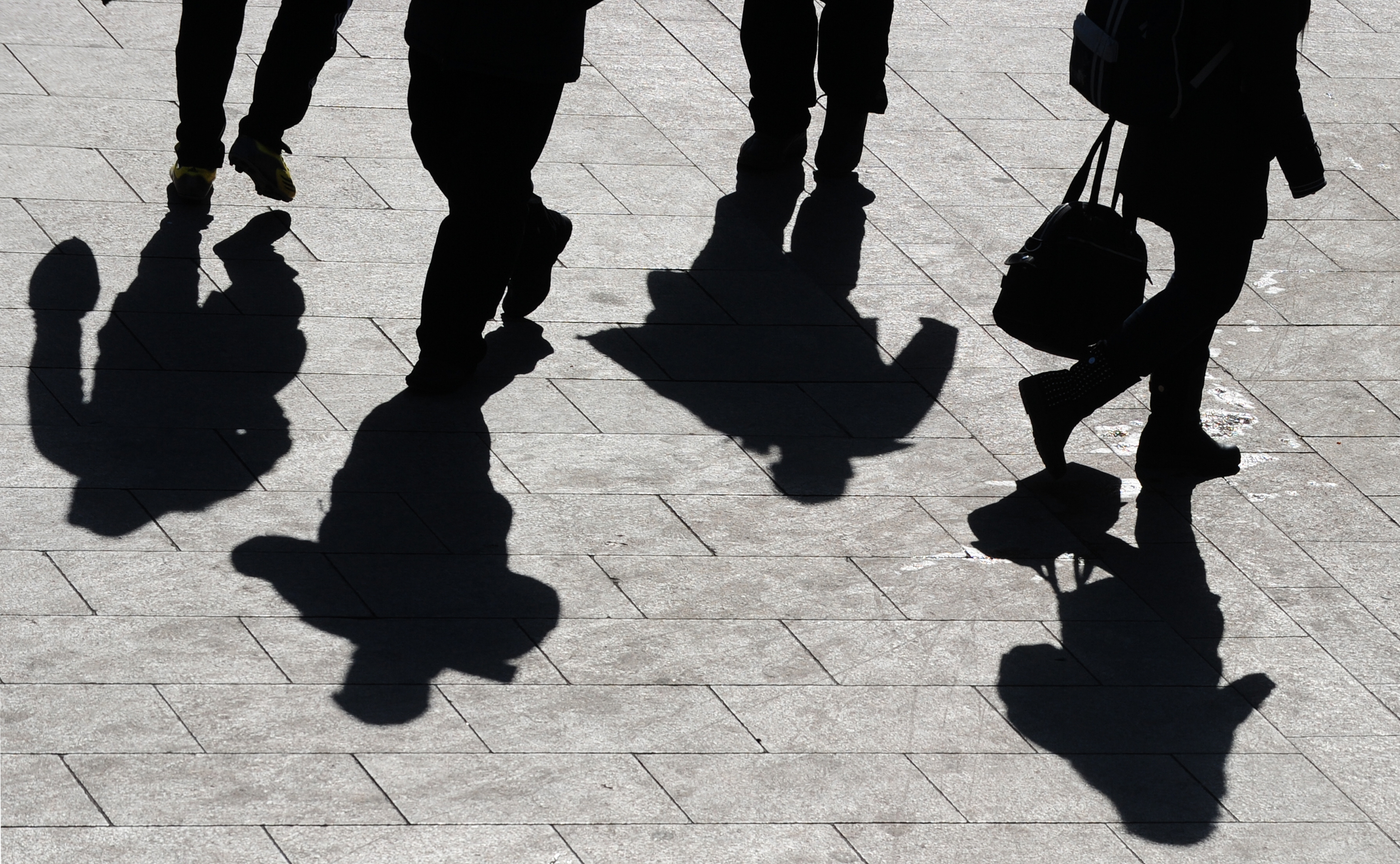Switzerland gets positive trafficking report card

Switzerland has been ranked favourably in the US state department’s annual Trafficking in Persons report. But it said more could be done to identify and protect victims, especially asylum seekers, children forced to beg, and sex workers.
Switzerland received a “tier 1″ ranking for the year 2014 in the 2015 US trafficking report, one of the most broad-ranging global studies of the extent of the problem, released on Monday.
“The Government of Switzerland fully complies with the minimum standards for the elimination of trafficking,” the authors declared.
The Swiss authorities continued to convict sex traffickers, “though law enforcement action did not focus as heavily on labour trafficking, and many convicted traffickers did not receive prison sentences commensurate with the crime committed”, it went on.
Switzerland is primarily a destination and, to a lesser extent, a transit country for women and children subjected to sex trafficking, and people subjected to forced labor, including forced begging and criminal activities. Trafficked victims originate primarily from central and eastern Europe – particularly Romania, Hungary, and Bulgaria – though they also come from Asia (Thailand and China), Latin America (Brazil and the Dominican Republic), and Africa (Nigeria and Cameroon).
Forced labour exists in the domestic service sector and increasingly in agriculture, catering, construction, and tourism, the report said.
The US report recommended increasing the number of convicted traffickers who receive sentences “commensurate with the severity of the crime”. It also urged the authorities to increase “training on and enforcement of labour trafficking laws” and to improve specialized care for trafficking victims seeking asylum and specific services for children and male victims.
More could be done to identify victims, improve data collection and raise awareness of sex and labour trafficking among the public, it concluded.
Complex problem
Boris Mesaric, head of the Human Trafficking Coordination Unit at the Federal Police Office, said while it was good to do more he felt Switzerland was “on the right track”.
He said human trafficking was an extremely complex issue and it was not possible to have a single prevention strategy for asylum seekers, child beggars and people forced into prostitution that fits all.
“Identifying victims is extremely difficult, as you need to build up their trust over time and often a victim doesn’t recognize themselves as such,” he added.
He said overall dialogue with the US authorities on this issue was “useful”.
“But the priority for Switzerland is the ongoing evaluation of its national action plan by the Group of Experts on Action against Trafficking in Human Beings of the Council of Europe,” he said.
Switzerland launched its first National Action Plan against Human Trafficking (2012-2014) in October 2012, setting out 23 specific measures to be undertaken in the in the areas of awareness-raising, criminal prosecution, victim protection and prevention.
“The Council of Europe report will be adopted at the end of 2015 and will give important input for developing the next Swiss National Action Plan against Human Trafficking,” said Mesaric.
Extent of the problem
Worldwide, 21 million people are the victims of forced labour, human trafficking or other practices similar to slavery, according to the International Labor Organization (ILO).
Around 5.5 million of those affected are under the age of 18, and around 4.5 million are exploited sexually–primarily women and children.
In 2005 a Swiss federal police report estimated that 1,500-3,000 victims of human trafficking, mostly in prostitution, were in the country in 2005.

In compliance with the JTI standards
More: SWI swissinfo.ch certified by the Journalism Trust Initiative





You can find an overview of ongoing debates with our journalists here. Please join us!
If you want to start a conversation about a topic raised in this article or want to report factual errors, email us at english@swissinfo.ch.